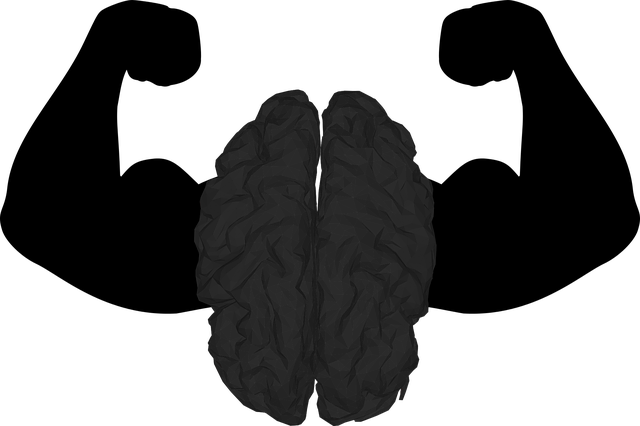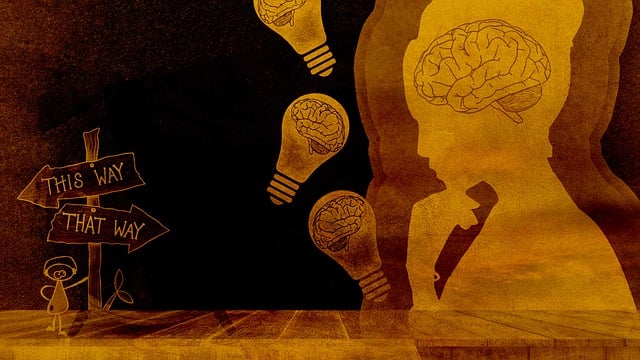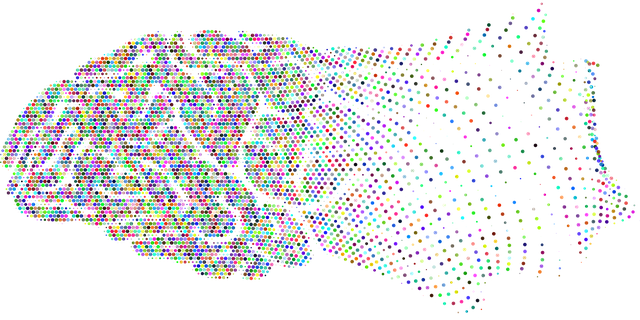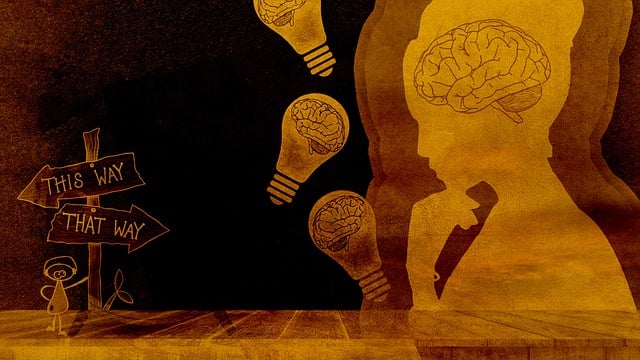Mindfulness meditation offers a powerful tool for managing Boulder Oppositional Defiance Disorder (BODD) by focusing on present-moment awareness, emotional observation without judgment, and cultivating acceptance. Creating a calm, dedicated space and maintaining regular practice enhance mental wellness, foster healthier coping mechanisms, and improve overall emotional balance. Techniques like breath awareness and body scans, proven effective for ODD, promote emotional intelligence and resilience. Overcoming challenges through consistency, tracking progress, and integrating stress management techniques from BODD therapy sustain a meditative lifestyle, leading to improved emotional well-being.
Discover the transformative power of mindfulness meditation with our comprehensive guide. Learn how this ancient practice can significantly benefit those navigating Boulder Oppositional Defiance Disorder (BODD) therapy. We’ll walk you through preparing your space and mindset, exploring effective techniques and exercises, and offering strategies to overcome challenges, ensuring a consistent routine. Embrace mindfulness as a powerful tool for self-awareness and emotional regulation in the context of BODD.
- Understanding Mindfulness and Its Benefits for BODD Therapy
- Preparing Your Space and Mindset for Meditation Practice
- Techniques and Exercises for Effective Mindfulness Meditation
- Overcoming Challenges and Maintaining a Consistent Routine
Understanding Mindfulness and Its Benefits for BODD Therapy

Mindfulness meditation is a powerful tool that can significantly benefit those dealing with Boulder Oppositional Defiance Disorder (BODD). At its core, mindfulness involves focusing on the present moment, observing thoughts and feelings without judgment, and cultivating a sense of awareness. This practice isn’t just about calming the mind; it’s about understanding and managing one’s emotional responses. By embracing mindfulness, individuals with BODD can learn to navigate intense emotions and develop healthier coping mechanisms.
Regular meditation has been shown to enhance mental wellness and support Self-Care Routine Development for Better Mental Health. It helps in Coping Skills Development by teaching individuals to recognize and accept their feelings without reacting impulsively. This awareness allows them to respond thoughtfully, reducing oppositional behaviors and promoting a more balanced emotional state. The benefits of mindfulness extend beyond meditation sessions, fostering a sense of calm and clarity that can permeate daily life, thereby improving overall mental health and well-being.
Preparing Your Space and Mindset for Meditation Practice

Creating a calm and dedicated space is key to preparing for mindfulness meditation practice. Start by clearing your physical surroundings; organize your environment to minimize distractions. A quiet, comfortable room or even a designated corner in your home can become your sanctuary. Use this space regularly to cultivate a routine; consistency is vital for reaping the benefits of meditation.
Mentally, approach meditation with an open and non-judgmental attitude. Let go of expectations and embrace the present moment. This practice involves training your mind to focus and accept thoughts without opposition or defiance, which can be particularly beneficial for individuals managing Boulder Oppositional Defiance Disorder (BOD). By fostering a mindset of acceptance, you can develop coping skills that enhance emotional regulation and communication strategies, even extending beyond meditation sessions into daily life and community outreach program implementations.
Techniques and Exercises for Effective Mindfulness Meditation

Mindfulness meditation involves a range of techniques and exercises designed to help individuals cultivate present-moment awareness and emotional regulation. One effective practice is focusing on the breath, where practitioners pay close attention to the sensation of air flowing in and out of the body. This simple yet profound technique helps to anchor the mind in the here and now, promoting a sense of calm and clarity.
For those dealing with conditions like Oppositional Defiant Disorder (ODD), mindfulness can be a game-changer. By engaging in compassion cultivation practices, individuals learn to observe their thoughts and emotions without judgment, fostering mental wellness. Exercises like body scans, where one gradually attends to different parts of the body, can help increase self-awareness and reduce physical tension. These practices are not just beneficial for ODD; they enhance overall emotional intelligence and mental resilience, contributing to a more balanced and compassionate approach to life.
Overcoming Challenges and Maintaining a Consistent Routine

Overcoming Challenges is a significant part of establishing and maintaining a consistent mindfulness meditation practice. It’s common to face obstacles like lack of time, distractions, or even skepticism about the benefits. However, with Boulder Oppositional Defiance Disorder (BODD) Therapy techniques, these challenges can be navigated effectively. BODD offers strategies for defiance against negative thoughts and behaviors, which translate well into a meditation routine. By integrating Emotional Well-being Promotion Techniques learned through Stress Management Workshops Organization, individuals can enhance their mental wellness journey.
Regularity is key; establishing a consistent time for practice, even just 10 minutes daily, fosters discipline. A Mental Wellness Journaling Exercise Guidance can be beneficial—reflecting on meditation experiences and emotions afterward helps track progress and reinforces commitment. Embracing these practices allows one to not only overcome initial challenges but also sustain a meditative lifestyle, leading to improved overall Emotional Well-being.
Mindfulness meditation, with its roots in ancient practices, has emerged as a powerful tool within Boulder Oppositional Defiance Disorder (BODD) therapy. By creating a peaceful space and adopting the right mindset, individuals can begin their journey towards inner calm. The techniques and exercises outlined in this article provide a roadmap for effective mindfulness practice, helping to overcome challenges and establish a consistent routine. Remember, regular engagement with mindfulness meditation has the potential to transform lives, fostering resilience and enhancing overall well-being.














